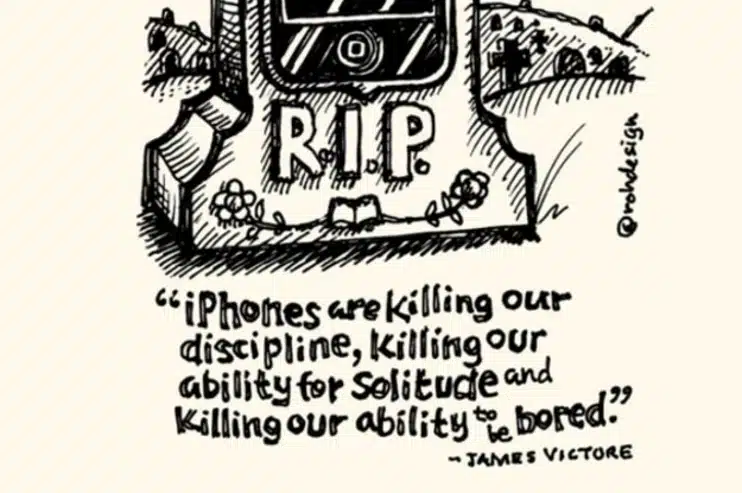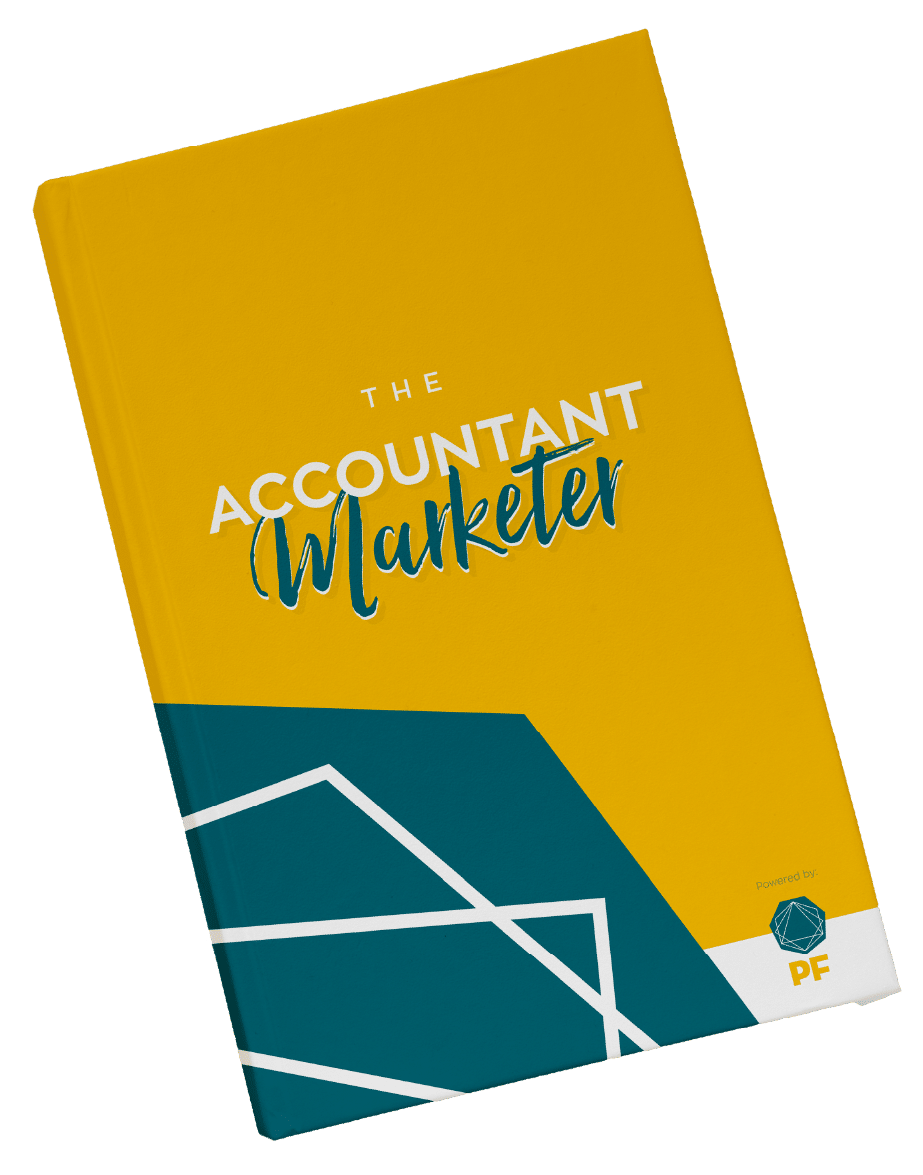One of the elements of true rest is solitude – because rest at its heart sees us at our heart.
But one of the results of the modern world, modern technology, and our instant-response generation is that we are not used to solitude. We don’t like it, and we don’t know what to do with it.
“iPhones are killing our discipline, killing our ability for solitude and killing our ability to be bored.” (James Victore)
Killing our solitude
I’ve lived alone for at least half of my life. Some of this has been as a result of there being no roommates to hand, some because of energy issues, and in recent years because I love it.
I don’t own a television, I rarely listen to the radio, and often I’ll go an entire day without a great deal of noise in my life. Solitude is as natural to me as breathing, and on low-energy days, when any amount of noise affects me negatively, I find myself longing to be back in my quiet home, with only the ticking of the clock for background noise.
It’s not just about noise. I know many people who are restful in mind and spirit even when they have five children running about the house, or constant visitors, or something happening all the time. But one of the reasons we resist rest is that we are not used to solitude.
After a friend of mine got divorced, she found herself with a lot of empty space, and wondering how to fill it. What surprised me was not that she felt this way, but my advice to her as we discussed it. I suggested she join a gym, or make a wish list of things to try, or visit museums.
I fell immediately into the trap of thinking along the lines that emptiness, quiet, solitude, are not good things. They are to be avoided. That sitting alone and being sad, or fearful, or unsure of yourself, are bad things.
I wrote her an email later and said, “All those ideas still being excellent ones, I just wanted to encourage you to also stretch yourself in the area of solitude – just sit wrapped up in a comfy chair, with a cup of coffee, and muse. Or think. Or meditate. Or let your mind wander. I know it probably sounds impossible, but I also know that the times I’m uncomfortable with solitude are the times I most need it. I know it feels like you’re doing nothing at all – but I often find myself feeling so much better, clearer, and more refreshed when I’ve just ‘done nothing’ for a little while.”
“I don’t know why we are in such a hurry to get up when we fall down. You might think we would lie there and rest for a while.” -Max Eastman
Killing our discipline
When was the last time you sat down to a task and completed it until it was done? Much of my work is done on the computer, and I’ve often found myself signing into one site, and “while I’m waiting” (for a few seconds), I’m checking two or three other tabs. At the same time a text message comes in, or an email notification appears, and pretty soon I find myself half-finishing several tasks, instead of wholly finishing one. Or, sometimes, getting utterly distracted by something irrelevant to my current task, and forgetting what I was doing in the first place.
Nicholas Carr, in his excellent book ‘The Shallows’, says: “Whenever we turn on our computer, we are plunged into an ‘ecosystem of interruption technologies’.”
There are excellent uses for computers, phones, the internet. I wouldn’t have my two businesses without them. But whilst “the [internet’s] interactivity gives us powerful new tools for finding information, expressing ourselves, and conversing with others,” says Carr, “it also turns us into lab rats constantly pressing levers to get tiny pellets of social or intellectual nourishment.”
The internet and all its related functions work the way they do because they are designed that way. Google knows that if search results are faster and more relevant, we’ll search more and expect faster speeds. Facebook sends us text messages every time we have a new notification because we want them. Computers, most online sites or systems, our phones, Netflix, YouTube – they’ve all been custom designed to prey on our addiction to getting what we want, when we want it. It truly is an addiction, and it’s taken me many years to discover this in my own life.
We create thousands of excuses in our own minds, and for our and others’ behaviour. I’ve had many times of feeling miserable for a variety of reasons, and have spent entire days watching TV programmes, one episode after another, from morning to night.
How are we addressing the addictions in our own life? Mine are TV programmes, novels, and food. None of them are bad things in and of themselves. This is the most difficult part when it comes to these opportunities we have for relaxation: it’s not a bad thing to sit down and watch a film, or even two. On some days it’s the best possible thing you could do. But it becomes addiction when it is guiding you, not the other way around.
Alcoholics Anonymous has a list of questions you can ask yourself to discover whether you might have an addiction to drinking. Some of these questions can be turned around to apply to the various good things in our lives that we have allowed to become idols, and to which we eventually may become addicted to as we avoid rest and solitude:
- Have you ever decided to stop [watching this film, going online, using Facebook] for a week or so, but only lasted for a few days?
- Do you wish people would mind their own business about [this issue], and stop giving you advice as to what you could do?
- Have you ever switched from [one type of thing to another] in the hopes of gaining some control back?
- Do you [check Facebook, use your phone, get on the computer] first thing in the morning?
- Do you envy people who can [use these things] without it being a problem for them?
- Do you tell yourself you can stop [watching this tv programme, using Facebook, etc] anytime you want to, but you don’t?
- Have you ever felt that your life would be better if you did not [fill in blank]?
One of the means of having rest in our work is to focus on one task at a time. To centre the mind on what we’re doing now, without being compelled to rush to something else.
None of the tools are evil in themselves, but we are led to great evil when we lack discipline, and aren’t even seeking to build it.
Killing our ability to be bored
When I go to any public place in the city – or even small towns – most of the people I pass have their heads down and their phones in their hands. I know the feeling, because I use my phone for everything – email, camera, note taking, music. It’s an extremely handy tool, and I’m thankful for it.
But our culture has gone a step further – to the point that ‘being bored’ is the worst thing we can imagine, and we avoid it at all costs.
One evening I was sitting with a group of young people watching a video about volunteer work in Uganda. One of the speakers was suggesting points for us to remember, so I pulled out my phone to type out these points he mentioned, to remember for later. As soon as I did so, one of the young people next to me pulled out his phone, and I could see he was checking text messages. I finished my note and turned off the screen, and a moment later he put his away, too. A few minutes later another point was mentioned, so I typed that one out as well. Immediately this young man had his phone out as well, and this time was checking Facebook.
We like to be part of the group, to be doing what everyone else is doing – and if I’m waiting at the train station and everyone around me is checking their phones, chances are I’m soon doing it as well. I’m not checking it because I need to find out information, or write something down. I’m just preventing myself from being bored, and I’m also giving a certain impression to those around me. “I’m busy. I’m important. People want to be in touch with me.”
This is one of the greatest draws of modern technology. It appeals to our sense of importance, and our desire to get what we want when we want it.
And, if there’s nothing in particular happening, we believe we are creating something, when in fact we are simply busying ourselves with nothing.
That is not rest: as a matter of fact it could not be further from rest. It’s the diametrical opposite of true rest.
In the next post I’ll share why we resist solitude – and how to embrace and love it, so that we can find true rest.



